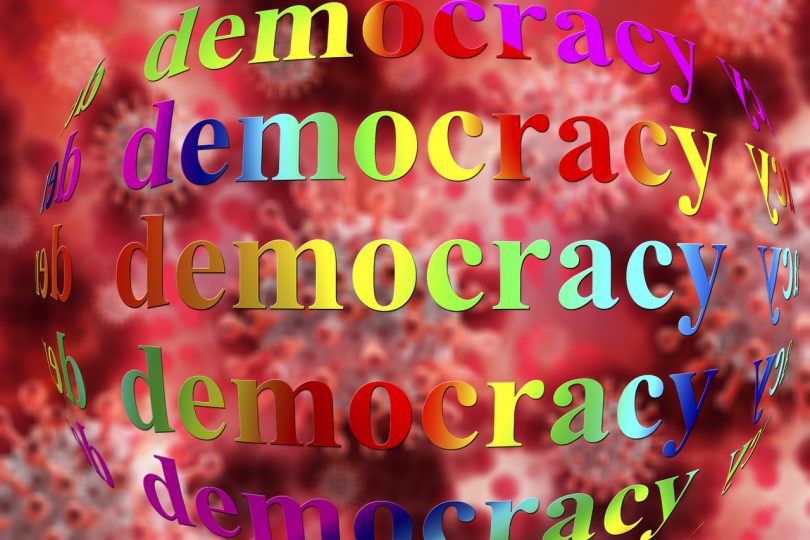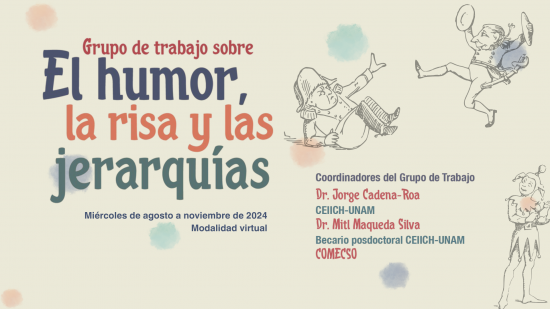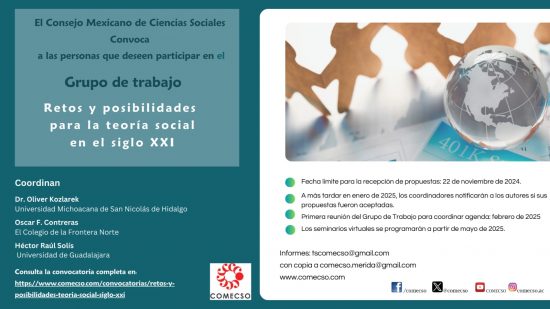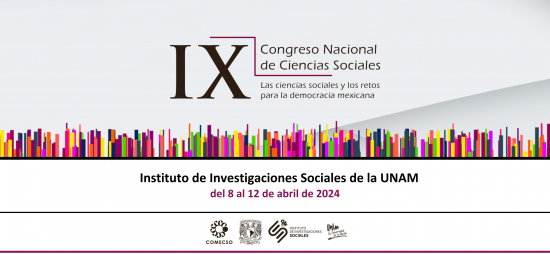COVID-19 and the structural crisis of liberal democracies
COVID-19 and the structural crisis of liberal democracies. Determinants and consequences of the governance of pandemic
Guest Editors:
Luca Alteri (Sapienza Università di Roma; Istituto di Studi Politici “S. Pio V”)
Louisa Parks (Università di Trento)
Luca Raffini (Università di Genova)
Tommaso Vitale (Sciences Po, CEE)
The pandemic caused by the rapid spread of the Covid-19 virus has revealed impacts well beyond those linked to health. Indeed, it has established itself as what Mauss called a «total social fact», an event that affects every single aspect of society. The epidemic has not only profoundly changed our daily lives and behaviour, but has and will continue to have far-reaching economic and political impacts. A closer look at the social, economic and political consequences of the pandemic suggests that these are not directly attributable to its epidemiological features, but are instead shaped by the ways in which national and local societies reacted to it. The dynamics generated by these reactions hold the key to understanding the vulnerability and non-sustainability of the current social and economic model, and the fragility of the political and economic institutions that represent it.
Covid-19 has triggered a range of political consequences. Few among the current crop of Western politicians have ever faced anything like a pandemic and its economic fallout. Yet, Covid-19 is a challenge to political leaders across the globe who have entered office since the 2008 financial crisis. From a power point of view, the States’ priorities have been containing the diseases and mitigating its effects by getting manpower and money to hospitals in the most affected areas: China drafted in 40,000 health workers to Hubei province, most European countries have brought medics out of retirement, many have built new temporary hospitals, and governments are allocating enormous sums of money, even if financing plans remain unclear in many cases. The World Bank and the IMF have made almost $100bn available to fight Covid-19. The European Union has suspended the stability pact: a major shift in its political economy approach, and not easy to assess while simultaneously facing the latest and worst in a string of crises and with contention and rivalry among member states rife. But much more money will be needed. Decades of neoliberal policies have weakened national welfare systems: in America 28m people are without health insurance and many more have to pay for much of their treatment. In addition to «cash influx» and innovations in economic policy, facing the Covid-19 challenge will open a debate on how governments manage welfare and health systems in terms of financing, ownership and territorial organisation.
Another effect of Covid-19 is a rethink of political and economic assets, and – at a deeper level – of the entire relationship between citizens and governments. Nothing feeds the rumour mill of fear more than the suspicion that politicians are hiding the truth. China, the first country to tackle the outbreak, taught the world a big lesson about Covid-19: “It can be contained”. South Korea did impressively well compared to European and American countries. The World Health Organization’s report published on February 28th attributed these good results to the way it had ploughed manpower and technology into a meticulous enforcement of quarantine on an unprecedented scale. However, nothing was said of the unintelligible mechanisms of State infrastructural power employed to that end. Asian Countries have learned how to manage epidemics in the past few years, especially due to the SARS crisis. They have developed tracing mechanisms and crisis protocols that have been particularly effective. In Taiwan, Thailand and in particular in South Korea (a model pointed to as best practice by epidemiologists and virologists). In Western democracies, leaders had no existing protocols to face a similar pandemic, nor pools of expertise in dealing with respiratory viruses, considered as diseases of the past compared to “contemporary” cardiovascular diseases, to draw on. Policy makers have struggled to understand if citizens would tolerate harsh surveillance regimes in line with China’s, or massive tracking systems like South Korea’s. Italy’s lockdown was initially self-policed and started as a bottom-up campaign with high levels of support from both the educated upper middle classes and trade unions. But it proved less effective than China’s, and State enforcement was soon brought in along with bitter stand-offs over stopping production, and how to define boundaries in production chains for essential goods and maintenance. The pandemic has mobilised the role of centralised national governments, in collaboration with but also in contrast to cities and regions. Liberal countries, the UK especially, have been reluctant to lockdown their populations, close social spaces, and particularly to stop production. They underline the primacy of civil and market rights, and the relevance of individuals’ responsibility to self-isolate and prevent an economic crash. They describe the dangers of extensive tracking measures for individual privacy and the risk of developing authoritarian illiberal regimes. The Hungarian case is an example of the explicit instrumental use of the pandemic by President Orban to subvert the basic rules of representative democracy by declaring an indefinite state of emergency (as he had already done with immigration). Here, the emergency seems to lead directly to an authoritarian solution.
Historically, epidemics have had a direct role in the creation and development of major social surveys and public statistics. Cholera outbreaks led to public interventions in the areas of health, hygiene, and urban planning, and profound evolutions in the role of State and local authorities in citizen protection. In many respects, the development of the State and social insurance during the 19th century was structured by responses to health crises. It is plausible to imagine that the Covid-19 epidemic might have similarly profound long-term effects on the role and power of the State, as well as on citizens’ demands and claims. There is thus no doubt political science and political sociology have a major role to play in understanding the eminently political nature of pandemic management, and in comparing country cases. Two distinct modes have emerged thus far, contrasting in some but also combining in many empirical cases. The first consists of the basic fight against contagion, where broad-ranging public efforts are focused on preparing to care for and treat the sick. The second involves preventing contagion as far as possible through emergency measures to isolate the population. Countries differ in their cost-benefit analyses, weighing the sacrifice of parts of their populations against saving their manufacturing sectors from devastating economic failure. The virtues of post-pandemic economic expansion are discussed in some economic circles, along with the comparative advantages of maintaining an active manufacturing sector at a time when competitors will fail and reduce their activity. The future of State intervention is back on the political agenda, with demands for larger State investments, and even for a new internationalism with global ‘helicopter money’ managed by the IMF, or at least for a European version driven by the Union’s central Bank.
In this unique scenario, where half the world’s population is living in lockdown, it is crucial to understand how people frame, discuss, and react to these political economy choices. It is also crucial to analyse changes in terms of subjectivation, collective representations, everyday practices and relations with others. Nationalism seems on the rise (again) in many countries, and consensus is directed towards radical right-wing parties in opinion polls in many European Countries. Police and the health sector legitimise themselves by virtue of their technical skills, but also via their rigid hierarchical structures that contrast the ‘old’ network model, seen as less efficient and, perhaps, too similar to the virus in form and dynamic. Political contention related to the meaning and policies of the State, its public nature and the relation between protection and freedom are at stake. Forms of participation, campaigning, mutual aid, and direct solidarity have also changed in a period of forced social distancing.
The call for papers aims to provide a space for exploratory analysis of a current case in order to highlight its connections with wider aspects. Papers are sought for two main sections: the governance of the Covid-19 pandemic, and political scenarios after the pandemic.
Governance of the Covid-19 pandemic. Papers in this section will share preliminary evidence related to the governance of the crisis. We invite reflections on:
- the determinants and the political consequences of the governance of the pandemic that critically explore how the pandemic highlights the structural limits and contradictions of liberal democracies and capitalism;
- the relations between economic rights and political and social rights, and between individual freedom, collective goods and justice, and security (these are particularly welcome);
- the differences and similarities in the strategies of left-wing, right-wing, ‘anti-establishment’ and populist coalitions;
- individual and collective reactions to the governance of the pandemic in terms of demands, conflict, social and political mobilization.
Political scenarios after the pandemic. Papers in this section will describe possible scenarios and seek to reflect on the possible effects of the current crisis. We invite:
- robust social scientific works that draw on theory to address past dynamics and lay out tentative future scenarios (general ethical warnings or political predictions should be avoided);
- reflections on how Covid-19 will influence politics at various levels (supranational, international, national, and local);
- the possible return to interventionism in economic regulation versus the fate of social-democratic projects;
- the forecasting of conflicts between nation-states, populism and nationalism, and their links with new institutional disconnections and connections between politics and the economy;
- the expansion or shrinking of ‘authoritarian democracy’;
- the future of active social solidarity, participation and collective engagement;
- emerging modes of measuring and discussing (the consequences of) the privatization and marketization of welfare, as well as for the aggregation and mediation of demands for security and protection.
Publication Schedule:
- Submission of long abstracts: 30 September 2020
- Submission of full articles: 30 November 2020
- External peer-reviewed feedback: 15 January 2021
- Submission of revised papers: 15 February 2021
- Publication of the special issue: March 2021
Articles should be no longer than 10000 words, including notes and references.
Long abstracts (800-1000 words) must be sufficiently detailed to allow the editorial board to assess them. They should include:
- a description of the topic and research question(s);
- the theoretical framework;
- empirical data, time frame and research methods;
- findings and theoretical implications.
Abstracts missing this information will not be considered.
Proposals and papers should be sent to Luca Alteri <luca.alteri@gmail.com>, «louisa.parks@unitn.it» <louisa.parks@unitn.it>, Luca Raffini <luca.raffini@unige.it>, Tommaso Vitale <tommaso.vitale@sciencespo.fr>.
PArtecipazione e COnflitto (PArticipation and COnflict) is a quarterly, peer-reviewed, Scopus-ranked international journal of sociology and political science. PACO is ranked CLASS A by the Italian Academic Research Evaluation Agency (Anvur) in disciplinary area 14 (Social and Political Sciences). It places 18th in the world ranking of open access scientific journals in Sociology and Political Science.
Te puede interesar

Publicaciones del COMECSO
comecso - Dic 04, 2024Este espacio reúne la gran mayoría de la producción editorial de nuestra asociación. A lo largo de casi cinco décadas,…
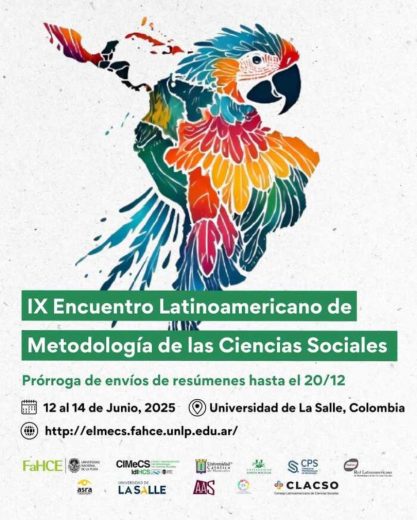
IX Encuentro Latinoamericano de Metodología de las Ciencias Sociales
Laura Gutiérrez - Dic 11, 2024IX Encuentro Latinoamericano de Metodología de las Ciencias Sociales Indisciplinar las ciencias sociales. Transformaciones y resistencias en las fronteras metodológicas…
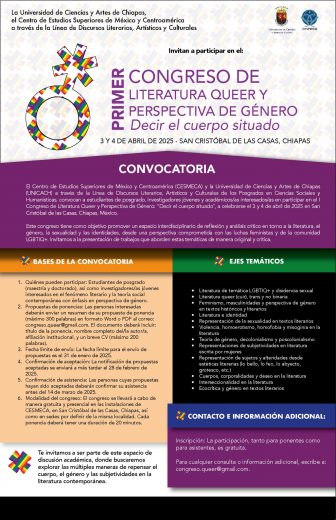
Primer Congreso de Literatura Queer y Perspectivas de Género: “Decir el cuerpo situado”
Laura Gutiérrez - Dic 11, 2024La Universidad de Ciencias y Artes de Chiapas, el Centro de Estudios Superiores de México y Centroamérica a través de…

Postdoctoral Research Fellowships
Laura Gutiérrez - Dic 11, 2024University of California Alianza MX Postdoctoral Research Fellowships 2025 Pilot Program Deadline: March 31, 2025 The University of California Alianza…
